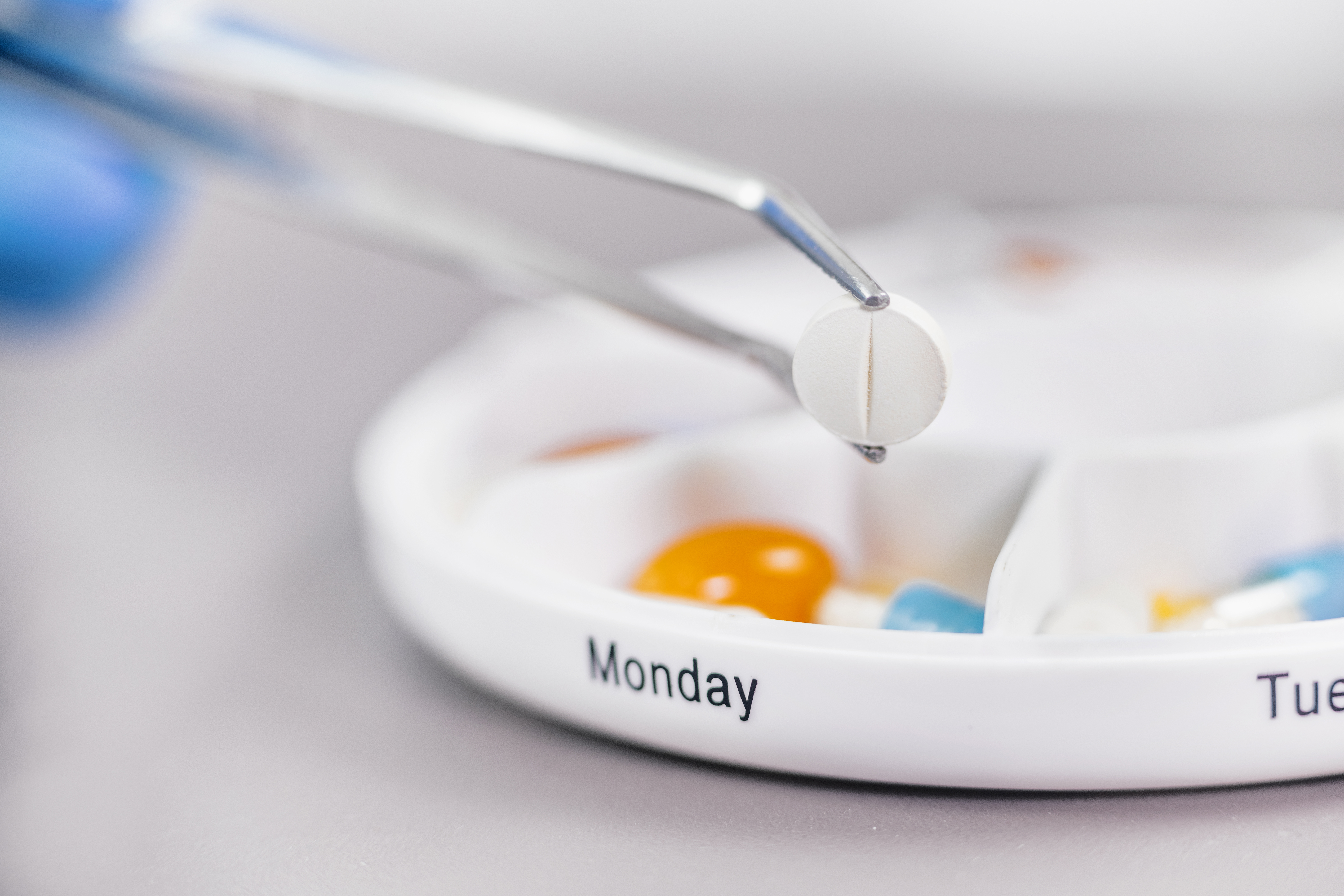With more people than ever before reporting signs and symptoms of mental illness, anxiety, or depression, it’s no wonder counselors and psychologists are being asked about the role of medication in treating mental illness. If you’re struggling with depression, anxiety, behavioral challenges, loneliness, grief, or something else and aren’t sure if medications might help, read on for some things to consider.
Starting With Talk Therapy

While it can be done through a traditional physician, it’s generally a good idea to talk to a licensed mental health care provider before seeking medication for mental illness. The mind and the body are not the same. While they work together and impact the performance of the other, it’s important to talk to someone with specialized training in mental wellness before making big decisions about your mental health.
If you’re experiencing signs and symptoms of depression or another mental illness, start with a Google search like “therapist near me” and find a group like Baltimore Therapy Group to get the conversation started. When calling to find a good therapist, don’t be afraid to ask questions and do a little research on what types of therapy they provide.
It’s important to understand that only a medical doctor can prescribe medications for mental illness. Most therapists and counselors can only give you a diagnosis, but you’ll need a referral to a psychiatrist to get your prescription should medication be the right choice for you. This is a great conversation to have with your therapist. They’ll be able to refer you to a psychiatrist they work with on a regular basis.
Seeing a Psychiatrist

Psychiatrists are not the same as therapists or counselors. Focused on medications and med management, they are more likely to know about discounts you can get from the best online pharmacy than to be interested in your past. When meeting with a psychiatrist, do what you can to be clear about your history with medicine and any fears or anxieties about side effects you may have.
A doctor with a psychiatric specialty will be able to help you decide when to get on and off meds and when to make changes to your daily med regimen. They can also coordinate with general physicians if you have other conditions that require medication in order to avoid complications.
Self-Care With Meds

Whether you opt to take medicine for your mental illness or not, always remember the importance of self-care. Consider talking to your regular therapist about tools you can implement into your daily life to make taking your meds easier.
For some people, medicine is prescribed for mental illness after a serious diagnosis or mental health crisis. In these cases, therapists work with treatment teams including a psychiatrist to help alleviate symptoms and improve a person’s quality of life.
If you or someone you love has experienced a mental health crisis serious enough to need medicating, it’s a good idea to talk to your health care providers about the importance of support and your natural support systems. In many cases, group therapy and peer support groups can be a great supplement to traditional psychiatric treatment simply because they help people to feel less alone.
At the end of the day, making your mental wellness a priority is important. Whether you have a history of mental illnesses, bipolar disorder, have experience with behavioral therapy and mental health treatment, or you’re experiencing symptoms for the first time, it’s a good idea to reach out to a health care provider you trust to talk about your options. You’ll thank yourself for it down the road. Always remember: You matter and your mental health does, too. You are far from alone. Reach out!
